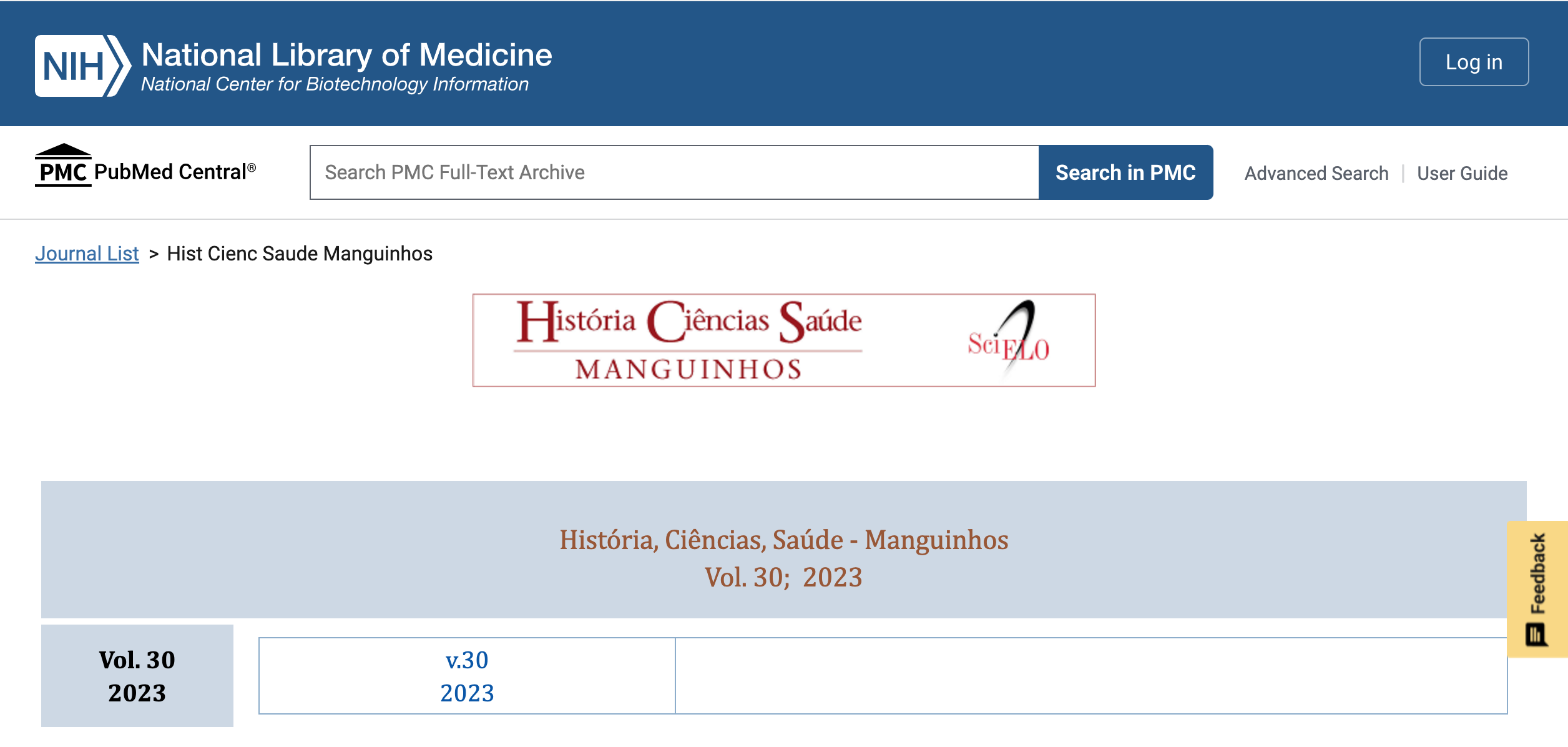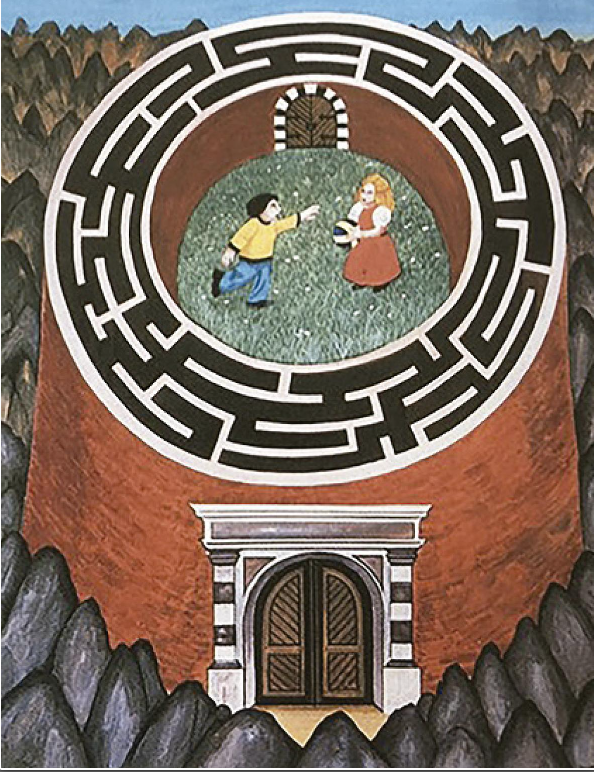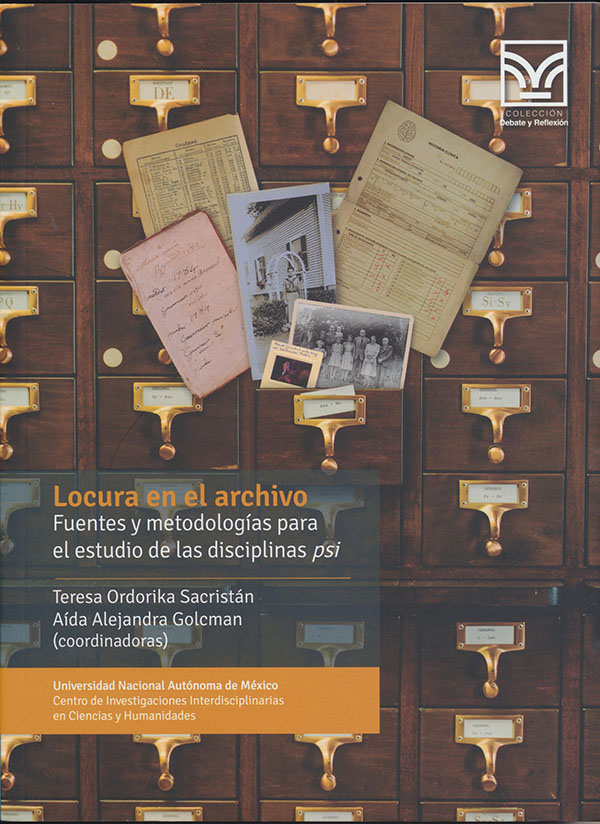
PubMed Central is a free full-text archive of biomedical and life sciences journal literature of the U.S. National Institutes of Health’s National Library of Medicine (NIH/NLM).

Esta obra es el resultado del trabajo de un grupo interdisciplinario de investigadores, agrupados en la Red de Historia de la Microbiología en Contexto Global, Siglos XIX-XXI. Los académicos se enfocaron en el análisis comparado de dicha temática en el contexto global, con especial referencia al caso de Iberoamérica. Acceda a la reseña del libro en el último volumen de HCSM.

La eugenesia, el “mejoramiento de la raza” y la búsqueda de la perfección humana son temas de dos artículos publicados en el último volumen de HCS-Manguinhos (vol.30, 2023). Uno de ellos analiza los concursos de niño sano como una estrategia médica y el otro rescata un documento de principios de siglo XX ligado a la difusión del darwinismo social realizado por los primeros profesores de Educación Física.

The history of art therapy and its relationship with hallucinogenic drugs is the subject of an article published at the end of 2022, in the special issue Transcultural histories of psychotherapies: new narratives (v. 29, suppl., Dec. /2022). It focuses on two post-Second World War experiments involving psilocybin – a substance that comes from certain types of mushrooms – conducted by psychiatrist Alfred Bader and pharmacologist Roland Fischer.

El libro coordinado por Teresa Ordorika Sacristán y Aída Alejandra Golcman (2021) es una reflexión que aporta a la renovación metodológica en el campo de la investigación psi. El trabajo reúne a un conjunto de investigadores que en las últimas dos décadas han producido textos fundamentales no sólo para la historia de la psiquiatría, la psicología o el psicoanálisis, sino también para la historia social y cultural de América Latina.